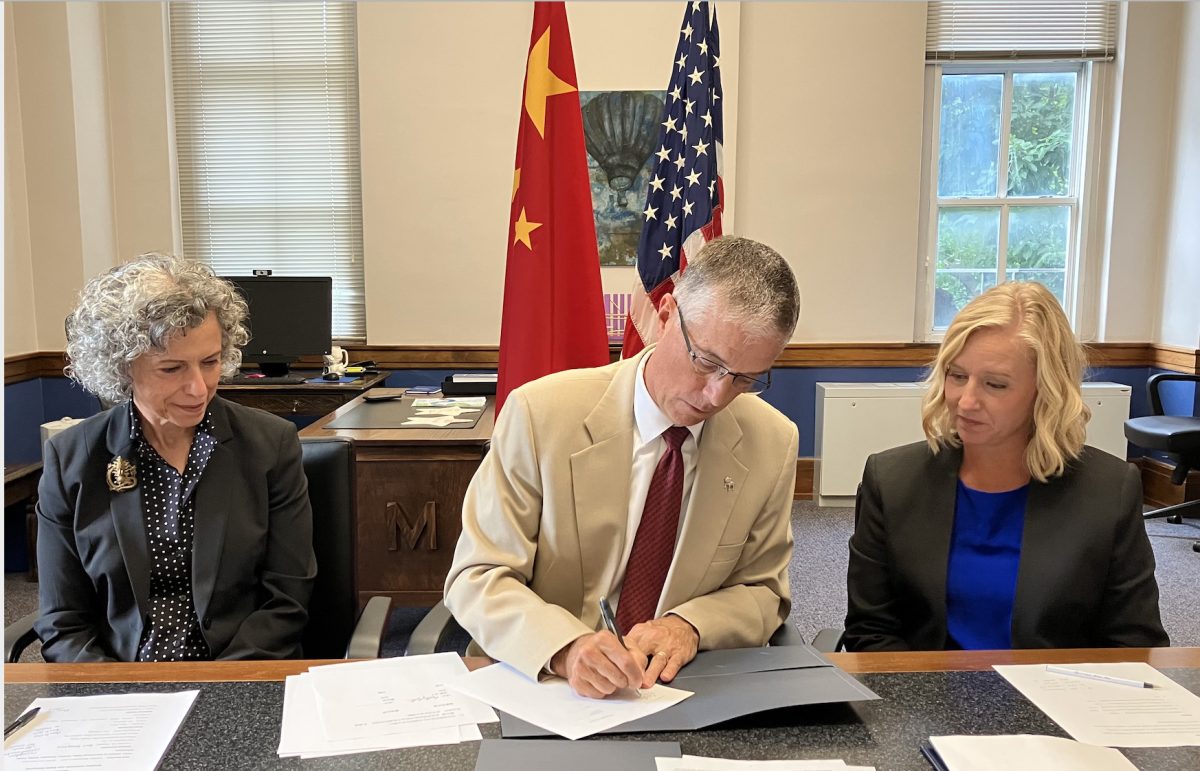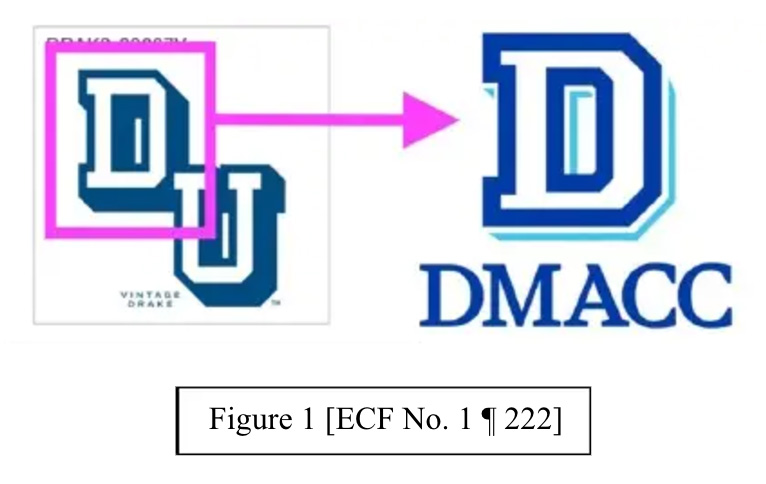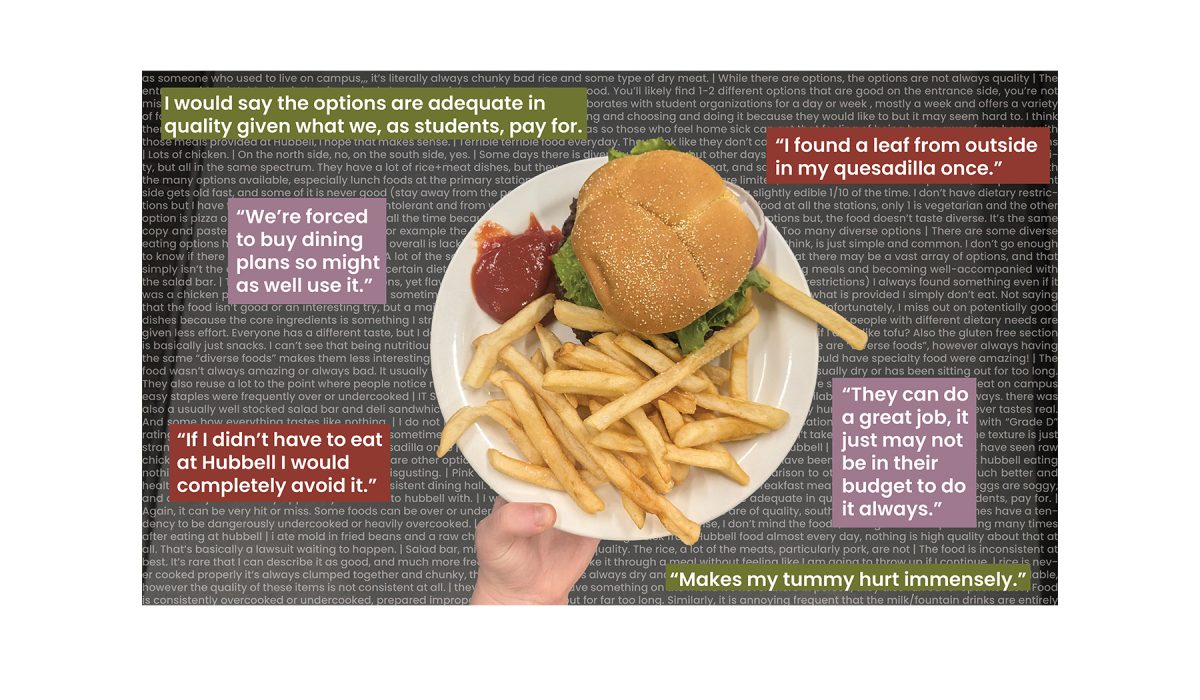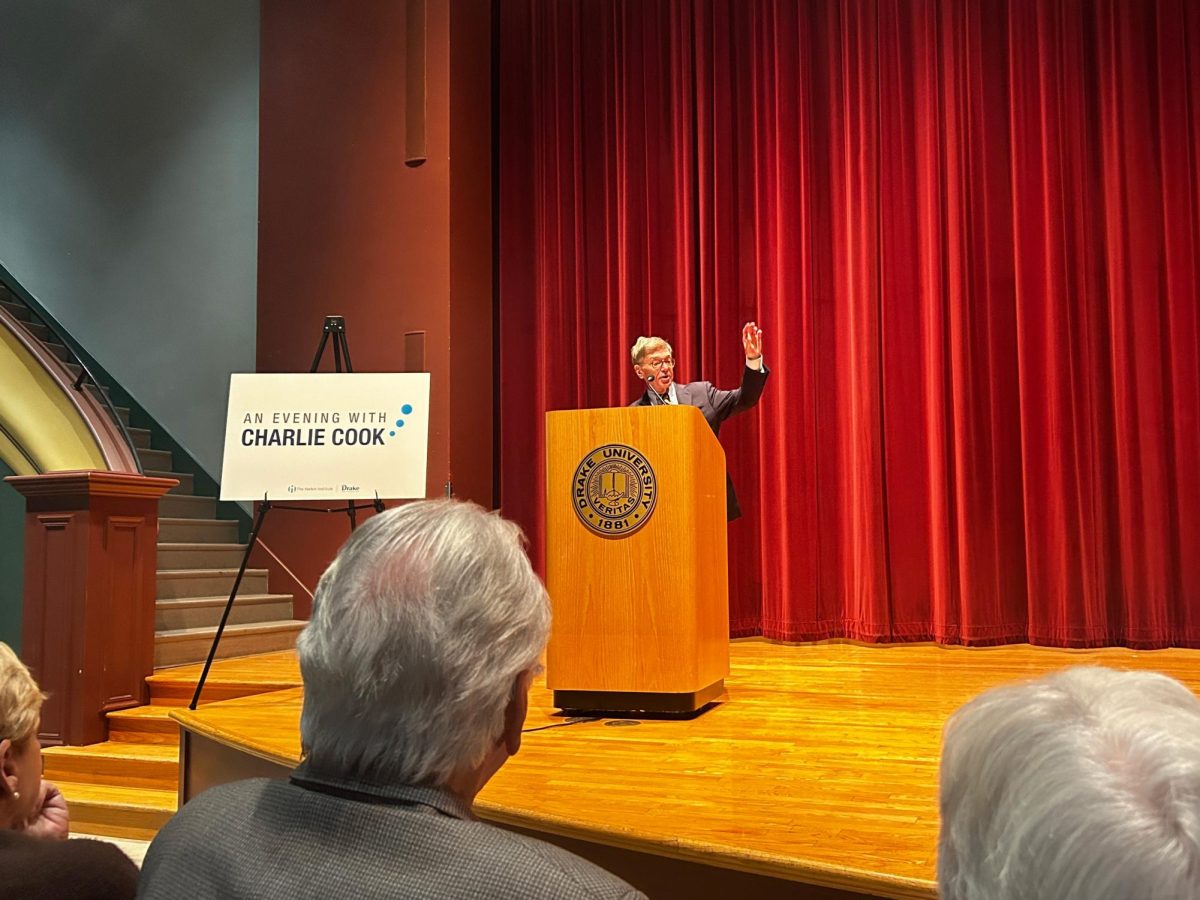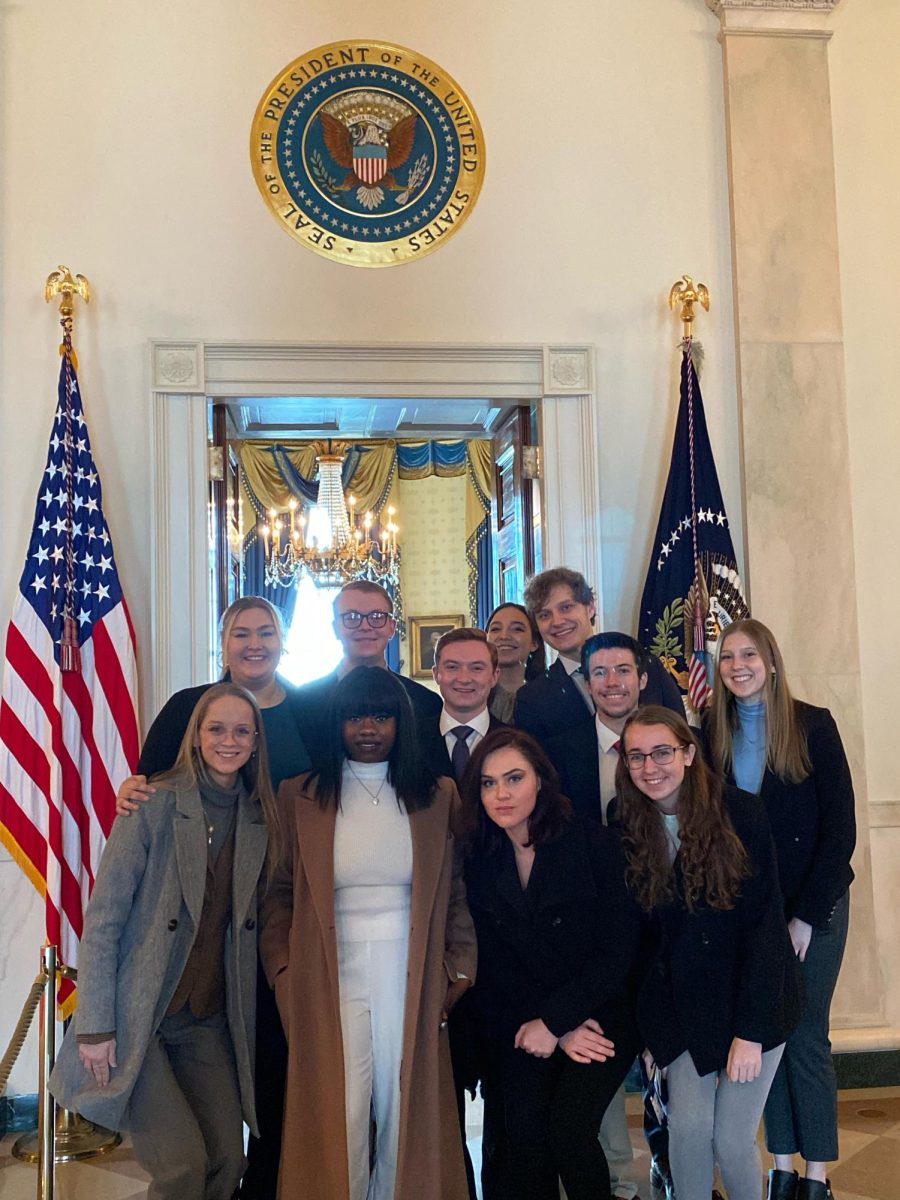This letter to the editor responds to an opinion piece in the Feb. 18, 2015 edition of the Times-Delphic, concerning the drug hydrocodone.
My husband and I, both semi-retired, live in the Drake neighborhood. We spend a lot of time on the campus, at the library and attending the music recitals.
We also read the Times-Delphic.
I wanted to respond to your recent opinion piece. in the Feb. 18 edition titled “Restrictions on Hydrocodone worth the extra effort I could not tell what the thrust of your discussion was.
Are you supportive of the new law? Or are you just in a quandary as you anticipate the added challenges resulting from this law, problems you soon will face?
At this point in history, only a pathological Pollyanna would believe a law could change anything in our culture for the better.
Beyond the problems the law may cause pharmacy workers, you might consider this side-effect to the opiate addiction problem: I have a 94-year-old aunt in the Chicago area.
She resides in a retirement housing community. Her vision and hearing are excellent. She still drives.
But she is also in continual pain because of a spinal condition. For that, she relies on hydrocodone.
She can only tolerate a minimal amount – an amount that barely controls the pain.
With a higher dosage, one that would alleviate the pain she becomes vulnerable to bowel blockages, something that nearly killed her a few weeks ago.
Her other problem? She used to be able to call in refills and have a friend pick it up. Now, thanks to this lovely law, she cannot.
Every time the scrip runs out, she must drive to the doctor’s office, and then to the pharmacy – every month.
Doesn’t matter what the weather is like or how ill she is. This law that you’ve put so much faith in sure doesn’t do much for folks like her.
A doctor she’s had for many years, who clearly knows what is appropriate for her and a pharmacy that also knows her and her circumstances can do nothing.
All because of a single law that upholds the charade of “helping” addicts by making it harder for them to get their fix.
All because of scoundrels like Bauder’s pharmacist, who will serve time in a country-club prison for what he’s done to the addicts themselves and to people who are most vulnerable, those who need the drug. Like my aunt.
All because of people who do not believe in holding others accountable for their actions or insisting that people take responsibility for themselves.
You are too young to understand this, but our society has chosen to deal with the “elderly issue” by herding the old folks into health-care warehouses.
Their medical issues are dealt with, to the point of beating those issues into the ground.
All other elements of the seniors’ lives and souls are little more than ignored. And that’s if they are blessed enough to live in a quality nursing home. On their own or in a retirement community it is a different matter.
Here’s something else I’ve encountered the past few years. Big Pharma can always be relied on to market the same ol’ meds for new conditions. Hot flashes, smoking cessation, shyness, etc.
What their glam-ads don’t mention is that these drugs are just repackaged psychiatric meds.
So, the ignorant patient fills a script, having no idea that they are about to embark on a course – one unlikely to ever end, (though they don’t know that yet) – of anti-depressants or anti-psychotics.
People are enthralled with the ads. They promise so much.
And whether or not the presenting problem ever resolves, they can’t figure out where the akithesia or tardive dyskinesia, or other side effects are coming from, or why they are unable to even titrate and get off the junk.
They are stuck (read: dependent) and don’t understand. NO ONE has told them they are taking psych meds – not their doctor and not the pharmacist.
The responsible buck will continually be passed back and forth and the poor patient, who probably won’t be helped by the med anyways, is stuck in the middle. This is not right.
Only the med companies win – as usual – though plenty of others get a piece of the pie (read: docs and pharmacists and lawyers).
I’d be curious to know if pharmacists-in-training are given any training in ethics.
Do you feel any obligation to tell a customer what’s really going on? Do you actually believe their doctors are in a full-disclosure mode at all times?
Your kids will be running the show one day. And one day, you too, will be elderly and at the mercy of the younger crowd.
Now, you have the vitality of youth that largely precludes an understanding and appreciation of the challenges people face later in life.
But you’ll see, as they say.
Much of life is learning who not to put your faith in. I come from the 60s generation. We questioned everything.
I am amazed at how sadly and ridiculously all those urgent causes succumbed to greed. And why subsequent generations chose to follow suit.
Thanks for your attention.
-Desiree Effner

